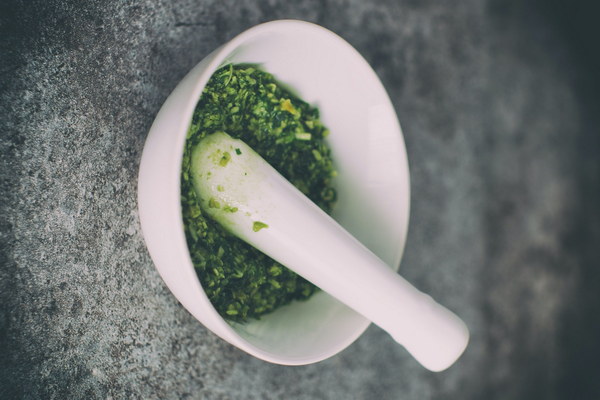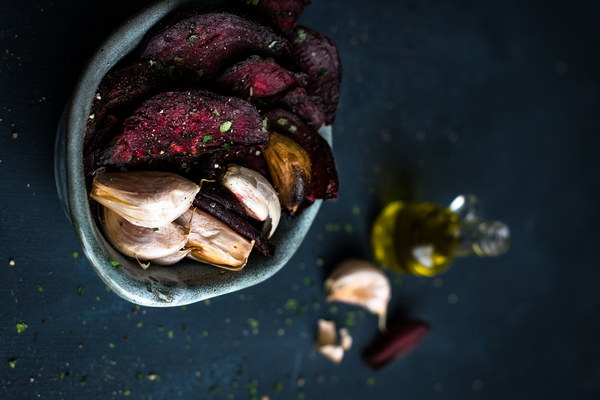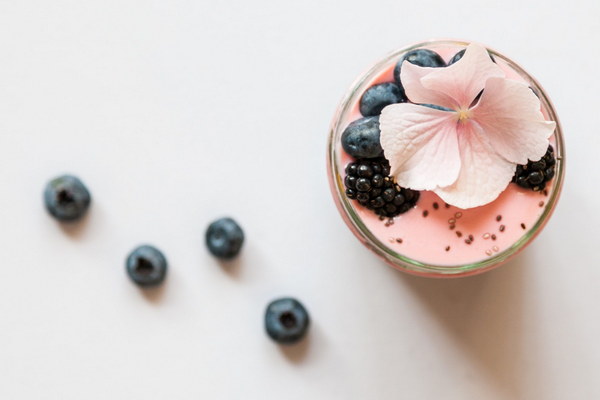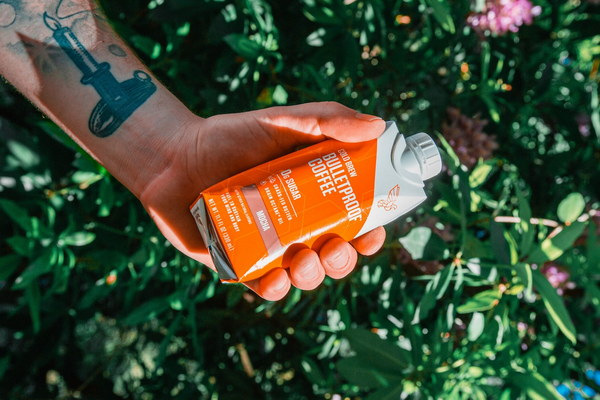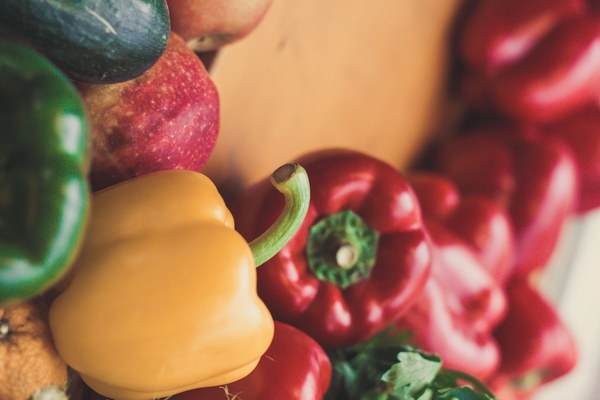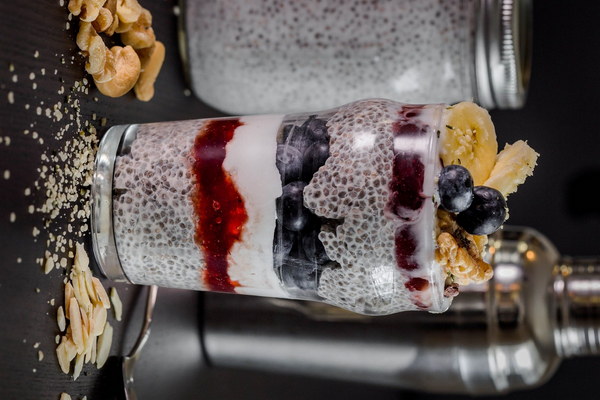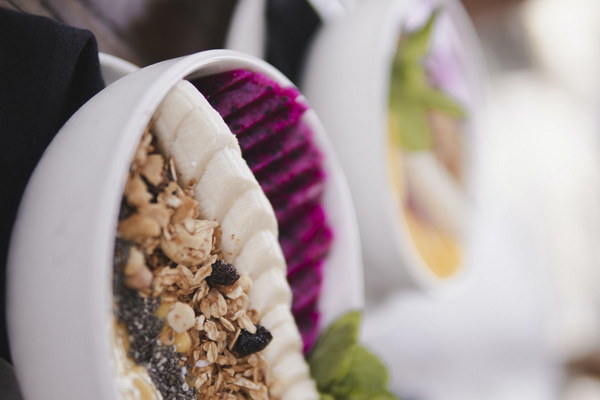Unveiling the Power of Herbs A Guide to Tonifying Spleen and Draining Dampness
In traditional Chinese medicine, the concept of Tonifying Spleen and Draining Dampness plays a crucial role in maintaining a person's overall health and well-being. This article aims to explore the significance of this principle and introduce some of the most effective herbs used for this purpose.
The spleen is one of the vital organs in the human body, responsible for transforming food into energy and nutrient-rich substances. When the spleen is weakened, it may lead to various health issues, including fatigue, poor digestion, and weight gain. Dampness, on the other hand, is a concept in Chinese medicine referring to excess moisture in the body, which can cause a range of symptoms such as joint pain, edema, and poor circulation.
To combat these issues, traditional Chinese medicine employs a variety of herbs known for their tonifying and draining properties. Here, we will discuss some of the most commonly used herbs in this category:
1. Astragalus (Astragalus membranaceus): Also known as Huang Qi, this herb is a staple in Chinese medicine for strengthening the immune system and tonifying the spleen. It is often used to treat fatigue, weakness, and poor digestion.
2. Codonopsis (Codonopsis pilosula): Known as Dang Shen, this herb is another popular choice for tonifying the spleen and boosting energy levels. It is believed to enhance the body's ability to absorb nutrients from food and improve overall digestion.
3. White Atractylodes (Atractylodes macrocephala): Also called Bai Zhu, this herb is well-known for its draining dampness properties. It is commonly used to treat edema, fatigue, and poor circulation, particularly in cases of dampness-related joint pain.
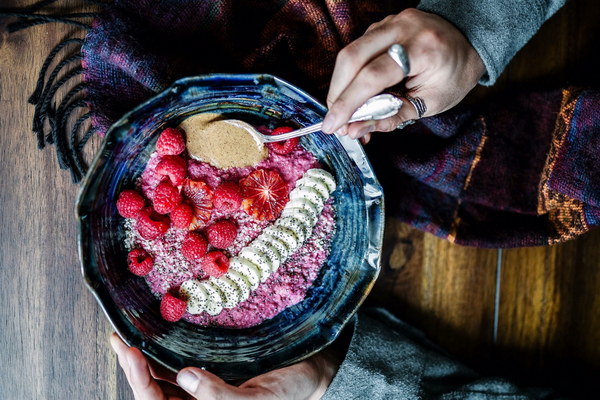
4. Poria (Poria cocos): Known as Fu Ling, this mushroom-like herb is excellent for draining dampness and promoting fluid balance in the body. It is often used in combination with other herbs to treat conditions such as edema, dampness-related cough, and urinary tract infections.
5. Alisma (Alisma orientale): Also called Xiang Sha, this herb is renowned for its ability to drain dampness and relieve edema. It is often used in conjunction with other herbs to treat liver and spleen disorders, as well as conditions involving fluid retention.
6. Cinnamon (Cinnamomum cassia): Known as Rou Gui, this spice is not only used for its flavor but also for its warming and draining properties. It is commonly used to treat cold limbs, poor circulation, and dampness-related joint pain.
7. Licorice (Glycyrrhiza uralensis): Known as Gan Cao, this herb is often added to herbal formulas as a harmonizing agent. It helps to balance the properties of other herbs and can alleviate side effects, making it a versatile addition to any formula.
Incorporating these herbs into your diet or using them in the form of herbal teas or capsules can help to tonify your spleen and drain dampness, leading to improved health and well-being. However, it is essential to consult with a qualified healthcare professional before starting any new treatment, as individual needs and health conditions may vary.
Remember, the key to achieving balance in your body is not just to focus on tonifying the spleen and draining dampness, but also to adopt a holistic approach that includes diet, exercise, and stress management. By incorporating these natural remedies and adopting a healthy lifestyle, you can enhance your overall quality of life and enjoy the benefits of traditional Chinese medicine.

